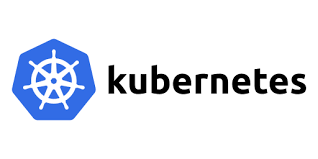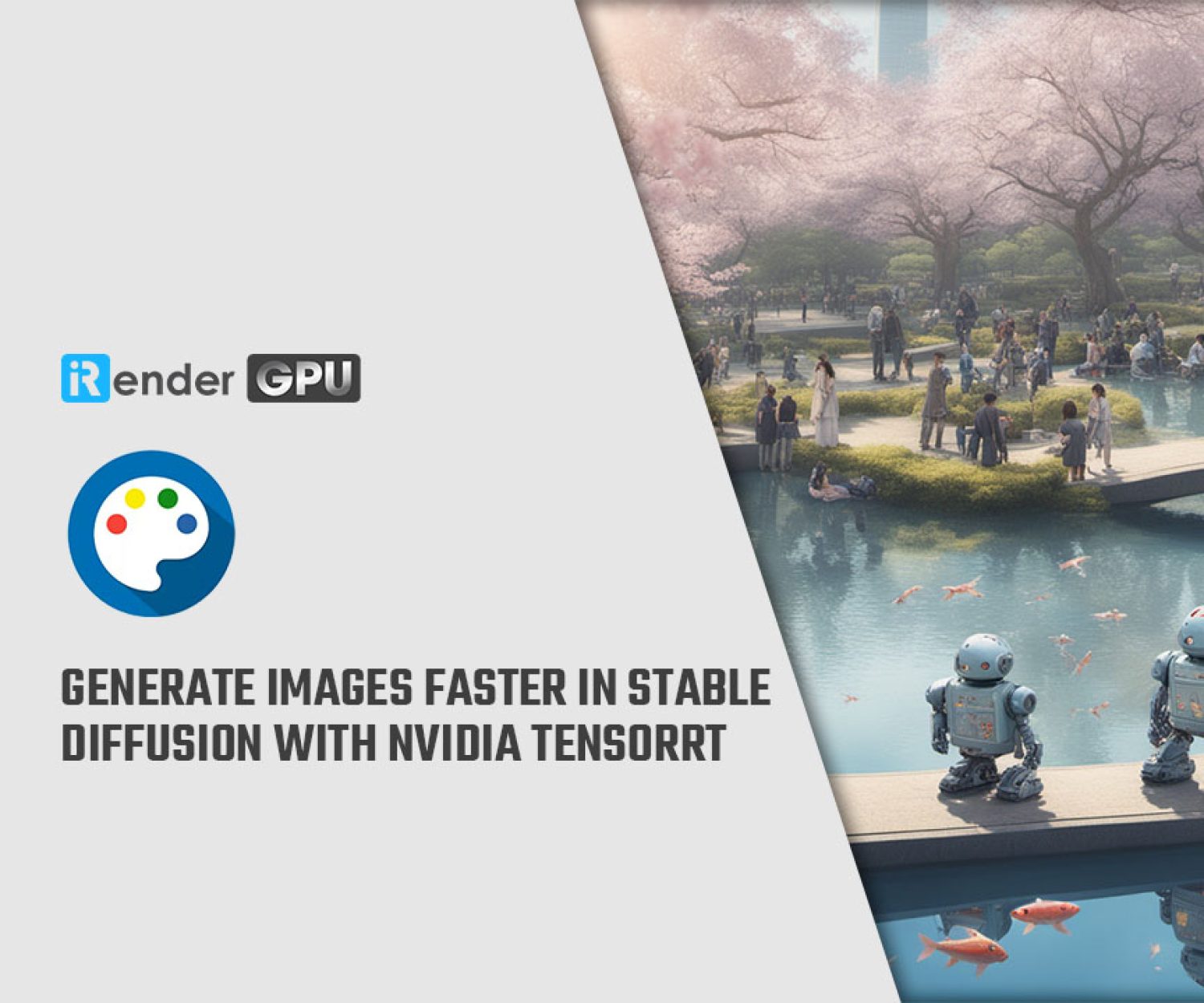Best Open Source Big Data Projects to Improve Your Skills
Big data is the next big thing in the tech industry. When harnessed to its full power, it can change business practices for the better. And open-source projects using big data are a big contributing factor in that. Many companies already use open source software because it is customizable and technically superior. Also, companies don’t have to rely on a particular vendor when they use it. There are now hundreds of open-source projects in Big data but we will discuss the most popular and interesting projects in this article.
These open-source projects have a high potential to change business practices and allow companies the flexibility and agility to handle changes in customer needs, business trends, and market challenges. So let’s check out these projects as they may have a big impact on the IT infrastructure and overall business practices in the future.
Apache Beam
Apache Beam is an open-source model for both batch and streaming the parallel processing pipelines for the data. It’s even called Beam because of its a combination of Batch and Stream! You can also build a program that defines the pipeline using any of the open-source Beam SDKs which are available in Jaba, Python and Go languages. There is also a Scala interface known as Scio. The pipeline can then be executed by one of the distributed processing back-ends that are supported by Beam. These include Apache Flink, Apache Spark, Apache Samza, Hazelcast Jet, and Google Cloud Dataflow. You can also execute your pipeline locally for testing and debugging purposes if you wish. Apache Beam is also useful for Extract, Transform, and Load (ETL) tasks and pure data integration as well. These allow data to move between data storage and transform into the required format or even load it onto a new system.
Apache Airflow
Apache Airflow is a platform to automatically author, schedule, and monitor the Beam data pipelines using programming. Since these pipelines are configured using programming, they are dynamic and it is possible to use Airflow to author workflows as visualized graphics or directed acyclic graphs (DAGs) of tasks. Airflow also has a rich user interface that makes it simple to visualize the pipelines running in production, troubleshoot any problems if they occur, and even monitor the progress of the pipelines. Another advantage of Airflow is that it is extensible, which means you can define your operators, and also extend the library to the level of abstraction that is appropriate for your environment. Airflow is also very scalable with its official website even claiming that it can scale to infinity!
Apache Spark
Apache Spark is an open-source cluster-computing framework that can provide programming interfaces for entire clusters. This contributes to insanely fast big data processing with capabilities for SQL, machine learning, real-time data streaming, graph processing, etc. Spark Core is the foundation of Apache Spark which is centered on RDD abstraction. Spark SQL uses DataFrames to provide support for structured and semi-structured data. Apache Spark is also highly adaptable and it can be run on a standalone cluster mode or Hadoop YARN, EC2, Mesos, Kubernetes, etc. You can also access data from various sources like the Hadoop Distributed File System, or non-relational databases like Apache Cassandra, Apache HBase, Apache Hive, etc. Apache Spark also allows for the analysis of historical data with live data to make real-time decisions, which makes it excellent for applications such as predictive analytics, fraud detection, sentiment analysis, etc.
Apache zeppelin
Apache Zeppelin is a multi-purpose notebook that is useful for Data Ingestion, Data Discovery, Data Analytics, Data Visualization, and Data Collaboration. It was initially developed for providing the front-end web infrastructure for Apache Spark and so it can seamlessly interact with Spark apps without using any separate modules or plugins. The Zeppelin Interpreter is a fantastic part of this as you can use to plugin any data-processing-backend to Zeppelin. The Zeppelin interpreter supports Spark, Markdown, Python, Shell. and JDBC. There are also many data visualizations already included in Apache Zeppelin. These visualizations can be created using output from any language backend and not just the SparkSQL query.
Apache cassandra
Apache Cassandra is a scalable and high-performance database that is provably fault-tolerant both on commodity hardware or cloud infrastructure. It can even handle failed node replacements without shutting down the systems and it can also replicate data automatically across multiple nodes. Moreover, Cassandra is a NoSQL database in which all the nods are peers without any master-slave architecture. This makes it extremely scalable and fault-tolerant and you can add new machines without any interruptions to already running applications. You can also choose between synchronous and asynchronous replication for each update. Cassandra is very popular and is used by top companies like Apple, Netflix, Instagram, Spotify, Uber, etc.
TensorFlow
TensorFlow is a free end-to-end open-source platform that has a wide variety of tools, libraries, and resources for Machine Learning. It was developed by the Google Brain team. You can easily build and train Machine Learning models with high-level API’s such as Keras using TensorFlow. It also provides multiple levels of abstraction so you can choose the option you need for your model. TensorFlow also allows you to deploy Machine Learning models anywhere such as the cloud, browser, or device. You should use TensorFlow Extended (TFX) if you want the full experience, TensorFlow Lite if you want usage on mobile devices, and TensorFlow.js if you want to train and deploy models in JavaScript environments. TensorFlow is available for Python and C APIs and also for C++, Java, JavaScript, Golang, Swift, etc. but without an API backward compatibility guarantee. Third-party packages are also available for MATLAB, C#, Julia, Scala, R, Rust, etc.
Kubernetes
Hopefully, with the information that iRender collects, you will be able to exploit more useful knowledge from these Big data open-source sources to further develop in this AI/Machine learning field.
As more cloud services providers and businesses realize the potential of Machine Learning in the cloud, it will spur the demand for Cloud Machine Learning platforms. While ML makes cloud computing much more enhanced, efficient, and scalable, the cloud platform expands the horizon for ML applications. Thus, both are intricately interrelated, and when combined into a symbiotic relationship, the business connotations can be tremendous.
At iRender, we provide a fast, powerful and efficient solution for Deep Learning users with configuration packages from 1 to 6 GPUs RTX 3090 on both Windows and Ubuntu operating systems. In addition, we also have GPU configuration packages from 1 RTX 3090 and 6 x RTX 3090. With the 24/7 professional support service, the powerful, free and convenient data storage and transferring tool – GPUhub Sync, along with an affordable cost, make your training process more efficient.
Register an account today to experience our service. Or contact us via WhatsApp: (+84) 912 785 500 for advice and support.
Thank you & Happy Training!
Source: geeksforgeeks.org
Related Posts
The latest creative news from Cloud Computing for AI,










